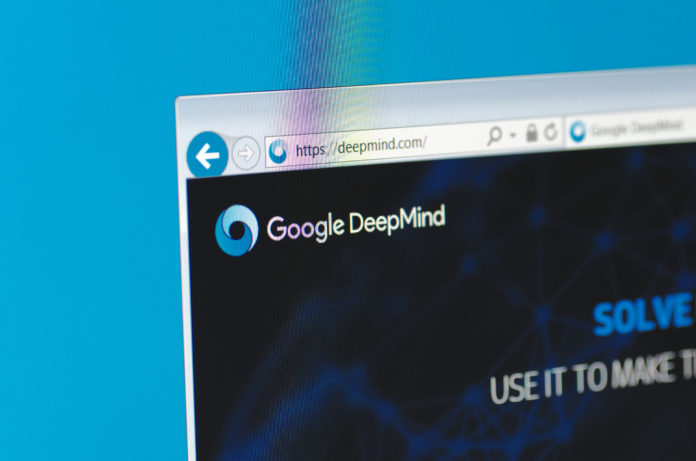One thing every company sets out to do in society is to make life easier, safer, more comfortable for all its consumers. For Google, the multinational renowned technological company, this is one dream that has been realized time and time again, and this year is no different.
Google’s DeepMind, a division of the company set aside for research and development, has a particular emphasis on the development of Artificial Intelligence. DeepMind is now on the rise, with significant breakthroughs being made within the first quarter of the year.
The first significant development was in line with DeepMind’s major goal. Earlier this year, the DeepMind team came up with a ground-breaking artificial intelligence program capable of learning subsequently as a human brain does. Typically, artificial intelligence programs are designated to the mastery of one given skill at a time. Once an artificial intelligence learns a particular skill, it is able to do what is required of it, at times even better than a person can. The DeepMind artificial intelligence program is however designed out of this conventional mode of artificial intelligence operation. The DeepMind program can remember old skills used in solving past problems and apply them to the solution of new ones. Member of the development team at DeepMind had this to say as to the purpose of this design. “If we are to have computers that are more intelligent and useful, then they have to have this ability to learn sequentially.”
The new program has one major drawback; it cannot produce the same quality of work as other AIs because it is progressive. This defect does not detract from the enormity of the AI breakthrough, however. With the coming of this artificial intelligence program, society is well on its way to the realization of the perfect Artificial Intelligence in its industries and companies.
The other macro development DeepMind has made is in the solution it is offering in the healthcare sector. Have you ever wished that a doctor could predict, diagnose or even prevent serious illnesses from afflicting people? Or that you could view who had accessed your medical records and why? Wouldn’t you feel safer in the know? This security is what DeepMind is offering in its proposed Verifiable Data Audit System, based on the model of the block chain security model. This means that the system would use cryptographic Math to secure medical records.
Mustafa Suleyman and Ben Laurie, the proposers of the system, had this to say in the DeepMind Announcement concerning the significance of the scheme. “An organization holding health data cannot just decide to start carrying out research on patient records being used to provide care, or repurpose a research dataset for some other unapproved use,” Suleyman and Laurie wrote. “In other words: it’s not just where the data is stored, it’s what’s being done with it that counts. We want to make that verifiable and auditable, in real-time, for the first time.”




